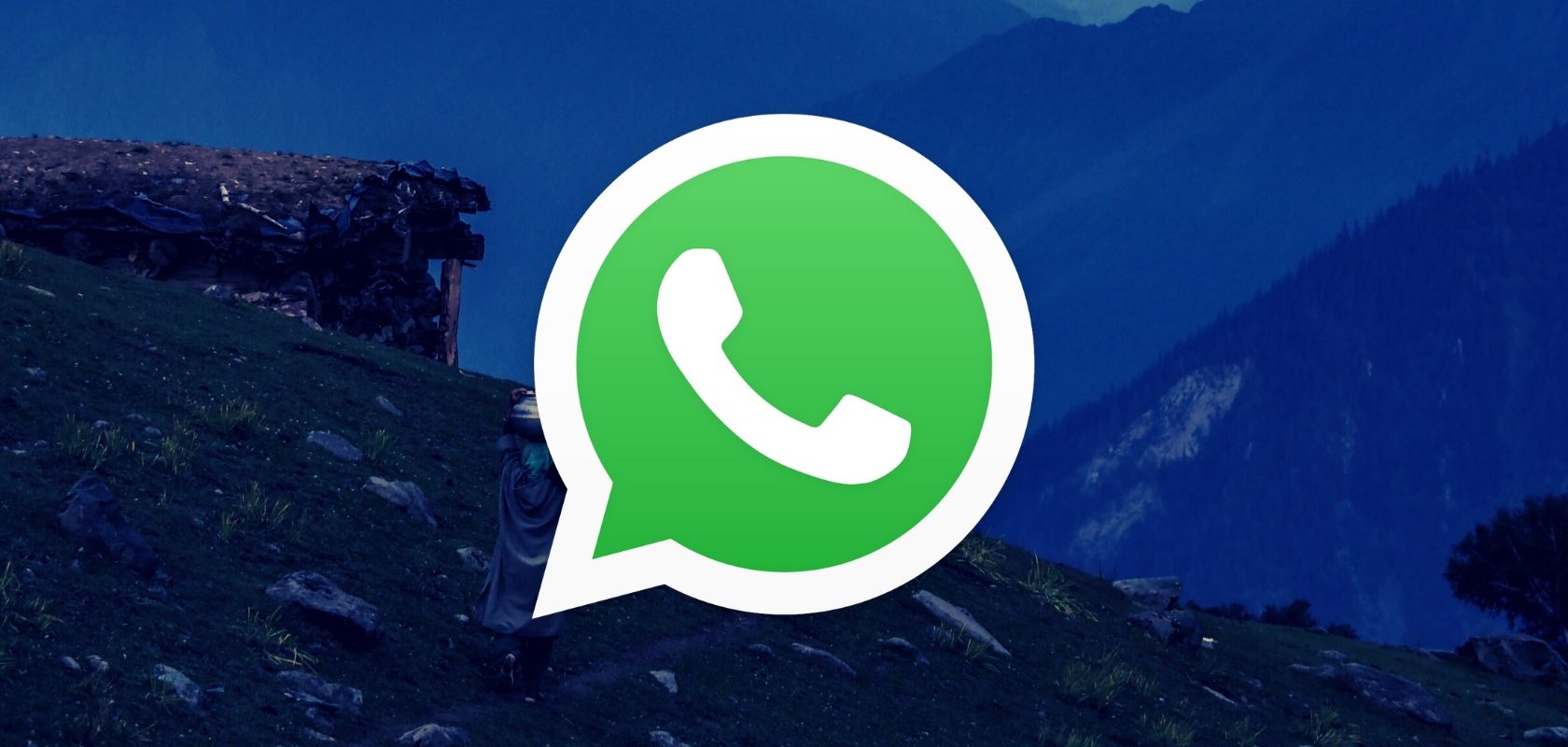Protracted territorial disputes are some of the most painful and stubborn problems that nations ever face – short of all-out, “hot” wars. It’s no different in the Indian subcontinent, where India and Pakistan are locked in a long-standing and bitter disagreement over the status of the territory of Kashmir.
In this age when access to the internet and digital services is increasingly viewed as a human right and even a utility, on a par with clean water, sanitation, and electricity – what happens with the ability of people living in these regions to go online?
When it comes to Kashmir, the crisis exacerbated in August when the Indian government decided to revoke the territory’s autonomy and administratively split it in two. That was ostensibly for better management of the crisis – as was the decision to implement an internet shutdown.
Even if India’s government is implementing some harsh measures in a bid to protect what it considers its national interest – you might have expected a global social media giant like Facebook to show some understanding toward its users, now effectively digitally stranded in Kashmir for months.
But not so. Facebook’s WhatsApp seems to be executing its rules to the letter, with no regard to the objective circumstances faced by users in Kashmir. The rule is to automatically remove accounts inactive for 120 days, or four months, from group chats.
https://twitter.com/khalidbshah/status/1202290350867410944
And like clockwork, WhatsApp users who have not been able to log into their accounts due to the government-imposed internet blackout, are now “disappearing” from the messaging app’s groups.
That reportedly caused consternation on the part of their friends and family, who immediately suspected foul play by the authorities – only to find out it was actually Facebook’s tone-deaf approach to a crisis.
Click here to display content from X.
Learn more in X’s privacy policy.
This is ironic not least given than WhatsApp biggest market remains India, with 340 million users – millions of them estimated to be in Kashmir itself.
Those whose accounts have now been deactivated have a further 30 days to log in, or have them “completely deactivated” – including chat logs and any other content they might have shared with their contacts.












